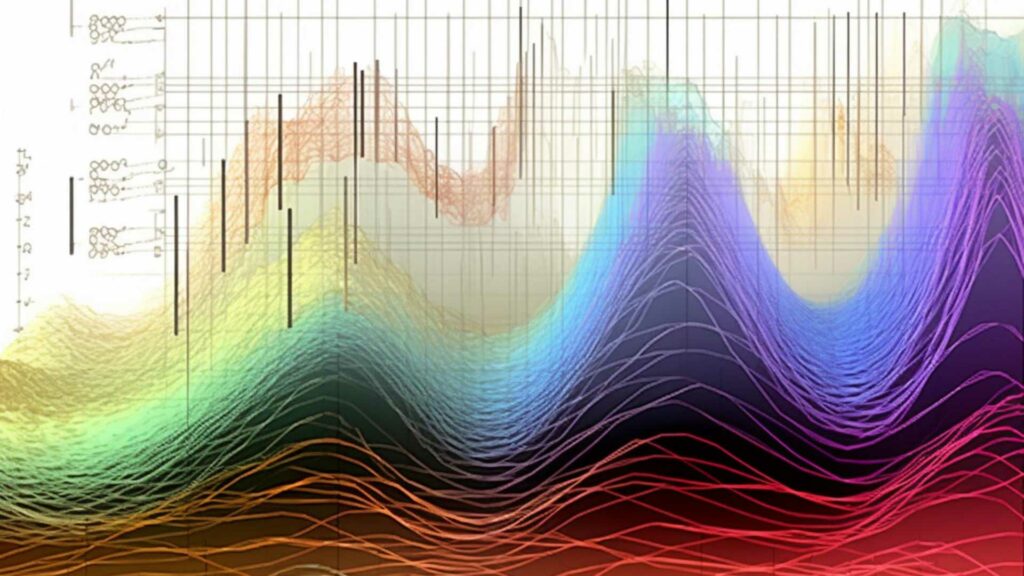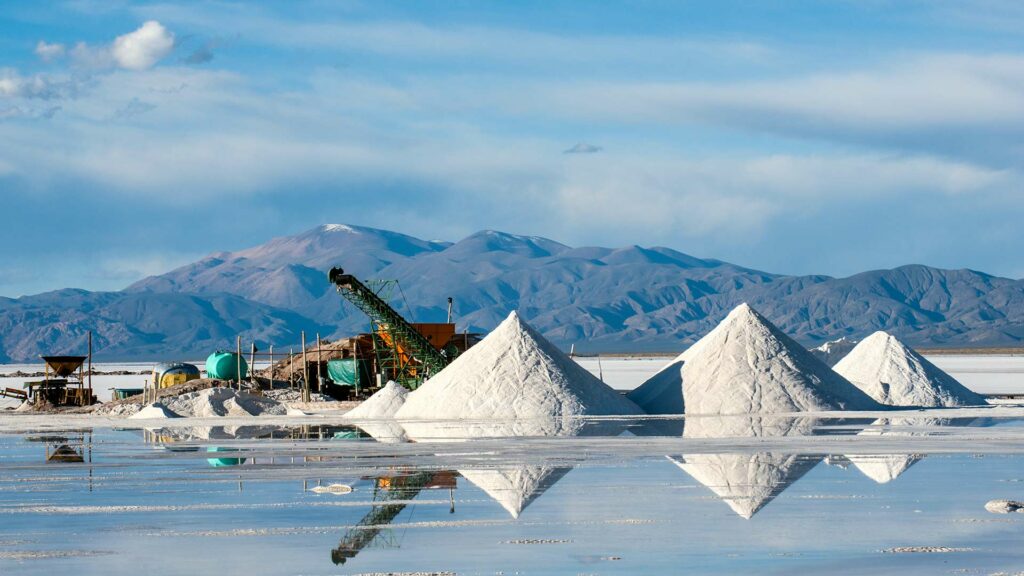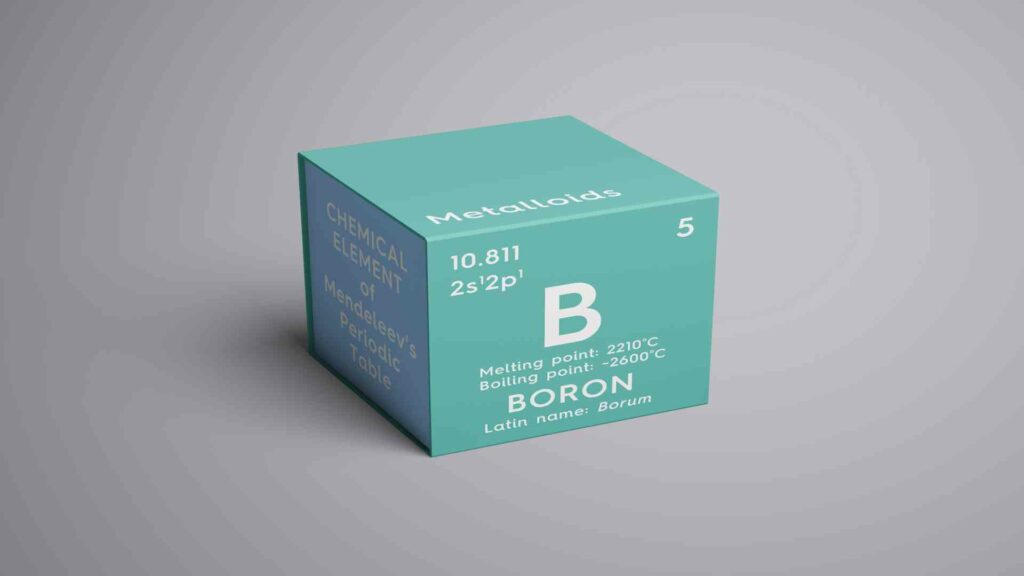Deloitte Australia Clean Tech (DACT) Index
The Deloitte Australia Clean Tech (DACT) index is a global comparative ranking of companies. They rank organizations by recognizing their innovative and sustainable approach to business. It is a quarterly review of the Clean Tech stocks listed in Australia and was launched in 2008.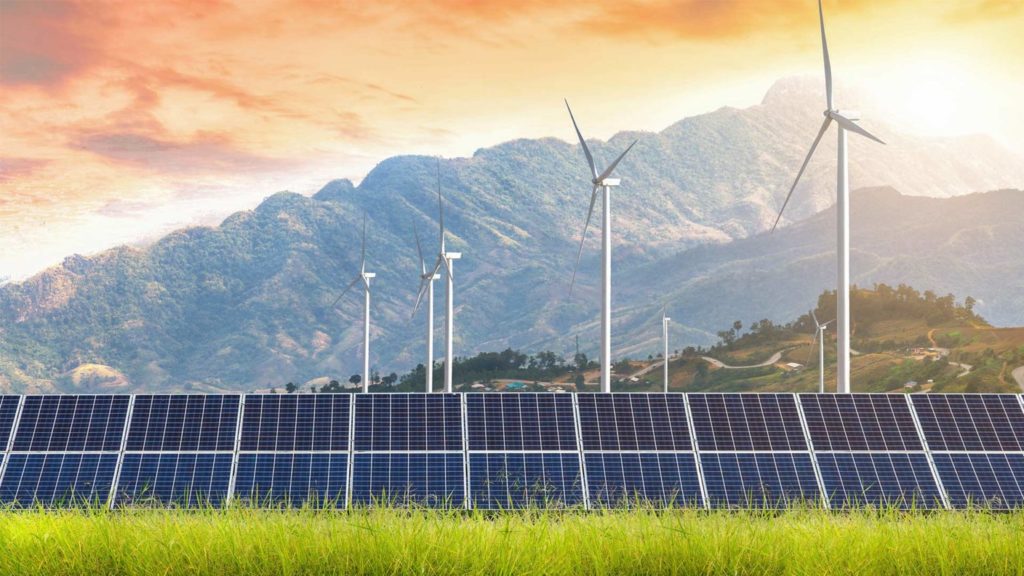
CleanTech or Clean Technology refers to companies and technologies that aim for growth in environmental sustainability like, American Pacific Borates. The term is synonymous with “green technology” which refers to renewable energy sources, new methods of recycling, as well as environmentally friendly practices. Investment in Cleantech is increasing by the day since it was first popularized in the 1990s and boron can play a big role.
This index was calculated using over 150 data points about each company. It includes both qualitative and quantitative measures such as financial performance, technological innovation, and environmental impact.
The DACT index takes into account the publicly available information produced by the Australian Securities Exchange (ASX). It is based on the market capitalization-weighted share price performance. DACT index excludes the impact of dividends and capital returns.
It has three tiers for the different levels of sustainable business. Tier one is “Leading Innovators” and while tier two is “Major Players”. The third tier includes all other listed companies that practice sustainability initiatives in their operations or products.
The CleanTech Sector in Australia
The CleanTech sector includes stock from both the environmental and economic benefits. The cleantech sector has several subsectors under it. Each of these sub-sectors also includes the benefits.
They focus on companies that create positive outputs and results to enhance the community. It talks about doing more good rather than less bad.
Currently, they have around 89 companies as part of the index. Renascor Resources Ltd (RNU) and American Pacific Borates Ltd (ABR) are recent additions to the list. The index combines the market capitalization of $72 billion. They publish a comprehensive picture of the cleantech sector in all of Australia using a single measure.
Additionally, they also track the performance of the twenty largest companies by market capitalization. This step is to provide a better focus on the larger and more liquid stocks. The DACT20 composition is resolved and rebalanced every quarter. It highlights the differences between smaller and larger stocks.
Positive contributions
In the last quarter, close to 56 of the 89 companies made a positive contribution to the DACT Index. And the top three companies include Reece, Piedmont Lithium, and American Pacific Borates.
American Pacific Borates (ABR) is focused on becoming a globally significant advanced materials producer, with a particular interest in speciality fertilizer applications and high-value borate specialty products. The Company’s planned products are increasingly in demand for:
- use in global decarbonisation initiatives;
- electrification of transport;
- clean energy generation; and
- food security.
It is currently aiming to advance its 100% owned Fort Cady Borate Project located in Southern California, USA. This project is one of the largest owned borate occurrences in the world that is not a part of Rio Tinto or Eti Maden.
The following organizations recorded the largest percentage increases of the share price for the last quarter: BlackEarth Minerals, EcoGraf Limited, and RedFlow.
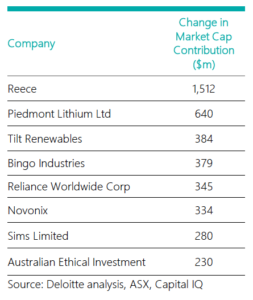
Negative contributions
The largest negative contribution on a basis of market capitalization came from Meridien Energy. They had a record high at the beginning of the year, but later the investors slowed down their Meridien shares. This was by the end of the quarter.
Both Meridien and Contact Energy’s renewable energy stocks were quite volatile. It was mainly due to the looming decision of BlackRock to sell over $1 billion worth of shares in both companies.
The following organizations recorded the largest percentage decreases of the share price for the last quarter: Carly Holdings Limited and 1414 Degrees.

DACT20 Index
DACT20 Index is the list of the 20 largest Index constituents by market capitalization as of 31st March 2021. These 20 companies will be a part of the DACT20 Index until the rebalancing on June 30, 2021.
Every company in this constituency has a market capitalization of more than $380 million and an average market capitalization of around $3.2 billion. Meridian Energy and Reece are at the top of the table with the American Borates company taking the 16th position.
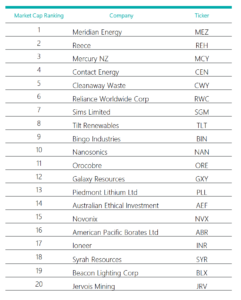
Boron and ABR enter Clean Tech Index
American Pacific Borates company made it to the top 20 of Deloitte’s Clean Tech Index. Because they are innovative environmentally and technologically. In Deloitte’s report, American Pacific Borates (ABR) is in the 16th position in the world for its innovative clean technology products.
The company’s innovative products include boron nitride nanotubes. They have many long-term applications in the automotive and electronics industries. In Japan, American Pacific Borates (ABR) received a prestigious award. It was for its success in developing medical grade silicon dioxide nanopowder as well as investing $14 million into research and development.
The DACT index takes into account publicly available information produced by ASX. ASX is a market capitalization-weighted share price performance. With this ranking system, ABR is one of the top innovators of environmentally and technologically advanced techniques.
American Pacific Borates is a clean-tech innovator. They develop new methods of extracting borates from the earth that have eliminated many of the pollutants associated with traditional mining techniques. But they continue to produce high yields at a low cost per tonne.
In summary
Companies are a part of the DACT index if the majority of their revenues are from a recognized CleanTech sector. Deloitte’s Energy and Climate Advisory team has the experience and expertise to assist the energy industry to face the struggles and challenges of the future. They play an important role in helping the energy sector participants, new entrants, investors, and governments with a wide range of solutions.
The long-term performance of the energy sector is vital for a post-COVID economy. When the clean tech sector signals strong outputs, they show resilience and growth potential for a low-carbon tomorrow.


